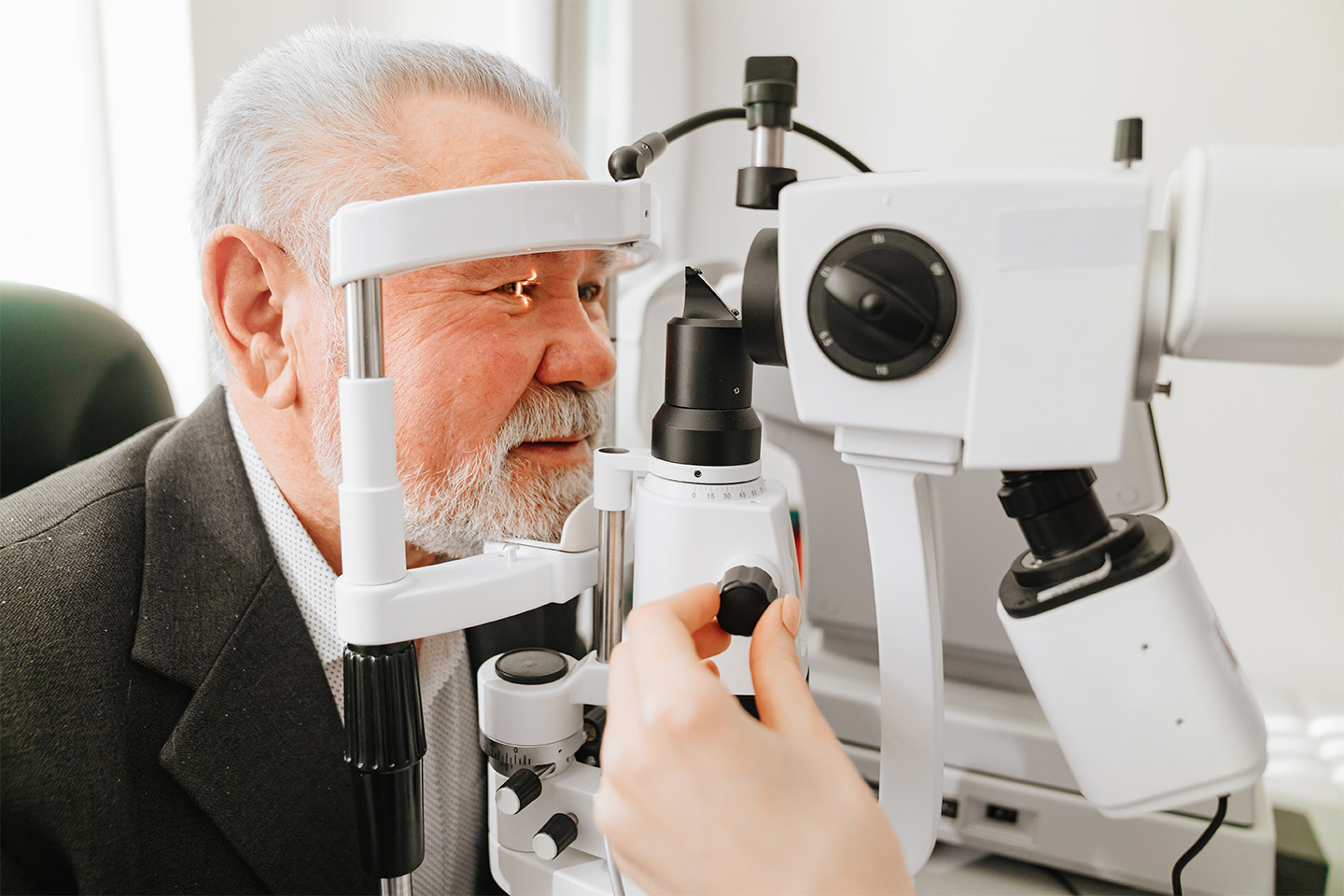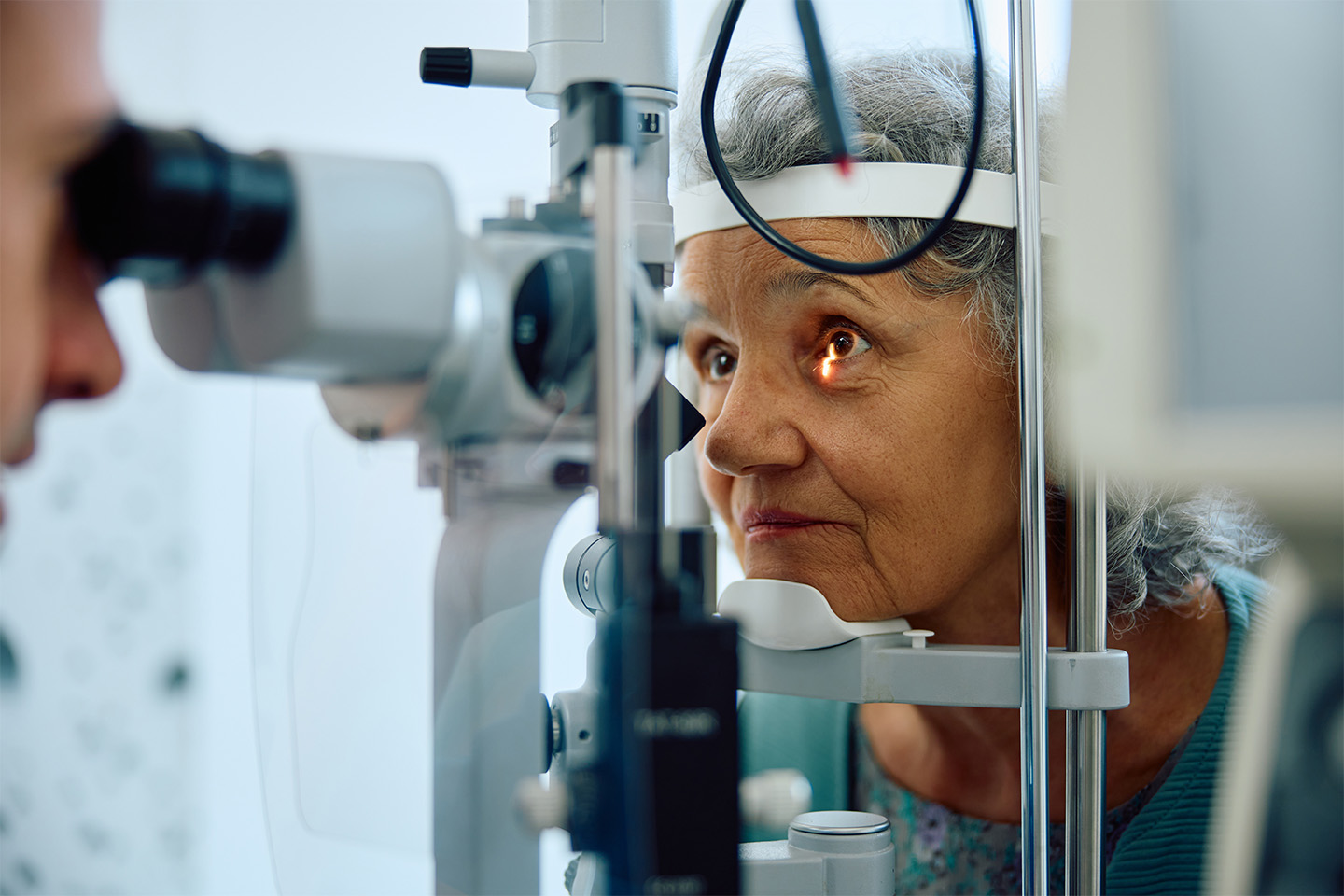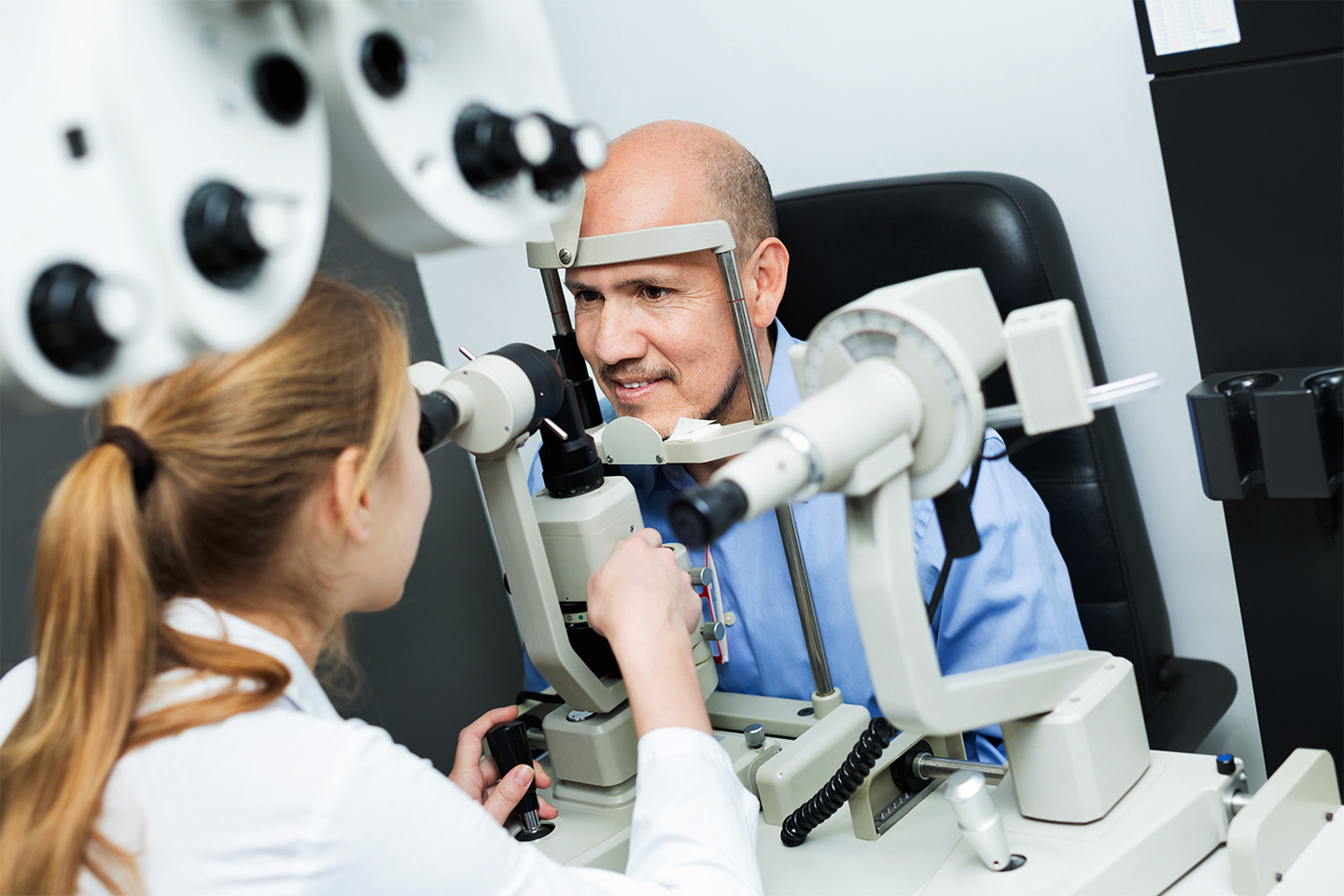Vision & Driving: How Eye Disease Can Affect Your Driving

As you get older or develop certain eye conditions, driving can become more difficult. It’s important to understand how eye disease can affect your driving and what vision correction surgery and other treatment can restore your vision. At Swagel Wootton Eye Institute, we are the premier provider of cataract and LASIK surgery in Mesa and Chandler. If you suspect that worsening vision has affected your driving ability, make an appointment with one of our eye doctors in the greater Phoenix area.
What Visual Acuity Do You Need for Driving?
There are two important factors of vision that impact your ability to drive safely. These are visual acuity and field of vision. visual acuity, measured by how clearly you can read an eye chart, tells you whether you need contacts or glasses to correct your vision. Your field of vision describes how much you can see when you focus on a central point such as a distant car on the highway. We can test your field of vision with automated perimetry, involving detection of a flashing light.
Brake lights, traffic signals and road signs all use eye-catching color contrast. So, your color vision also plays an important role in driving. Television also helps you drive in inclement weather and spot pedestrians in the roadway.
Learn more about eye diseases that greatly impact driving.
Cataracts
Cataracts cause the lens of your eye to become opaque. This condition causes blurry vision, and many people develop cataracts in both eyes. To drive safely, you need clear vision and cataracts drastically compromise your performance on the road.
You may not have problems in the early stages of the disease. Typically, it starts with poor night vision and difficulty dealing with headlight glare. It can progress to more serious conditions such as double vision and worsening visual acuity. Vision correction surgery often restores vision by replacing your clouded natural lens with a permanent, clear artificial one.
Choose a provider such as Swagel Wootton that specializes in cataract and LASIK surgery in Mesa and Chandler. We have an excellent track record for vision correction surgery and can help you get the right treatment to stay safe on the highway.
Dry Eyes
Although everyone may suffer from dry eye conditions periodically, dry syndrome involves chronically dry eyes. If your eyes create poor quality tears, you may need to lubricate them with artificial tears or follow the expert advice of our eye doctors in Mesa and Chandler to preserve your vision. Headlights and the glare of sun and snow can aggravate your dry eyes. Make an appointment for an eye exam to receive a proper diagnosis and dry eye treatment tailored to you.
Glaucoma
Resulting from excess pressure within the eye, glaucoma eventually leads to optic nerve damage if left untreated. You may first notice that your peripheral vision isn’t as sharp as it once was. Eventually, without treatment to slow the progression of the disease, you will lose your vision completely. To receive the proper treatment for glaucoma, visit our office right away if you notice halos around lights or blurred vision. Although these conditions can indicate many factors, it’s important to seek help from our eye doctors in the greater Phoenix area.
Macular Degeneration
If you are 60 years old or older, macular degeneration may threaten your vision. Age-related macular degeneration refers to a loss of function in the macula, the center of the retina. Macular degeneration distorts central vision and impacts the clarity of objects on the roadway. Therefore, it makes it difficult to see pedestrians, road signs and debris in your driving lane.
Although there is no cure for macular degeneration, our eye doctors in Mesa and Chandler can help you reduce its progress. This will allow you to drive until it becomes unsafe to do so. Let us give you more time to find other means of transportation.
Diabetic Retinopathy
Diabetes can leave you vulnerable to several conditions, including diabetic retinopathy. This condition causes abnormal blood vessel growth in the retina. Symptoms include dark patches, floaters, blurry vision and impaired color visual acuity. In some cases, it can lead to blindness. Maintaining an appropriate lifestyle can help you avoid developing diabetic retinopathy. Discuss your options with our eye doctors in the greater phoenix area.
Contact Swagel Wootton Eye Institute to make an appointment if suspect that you have a condition that will impact your driving performance. Let us help you stay safe and keep others safe on the road.









